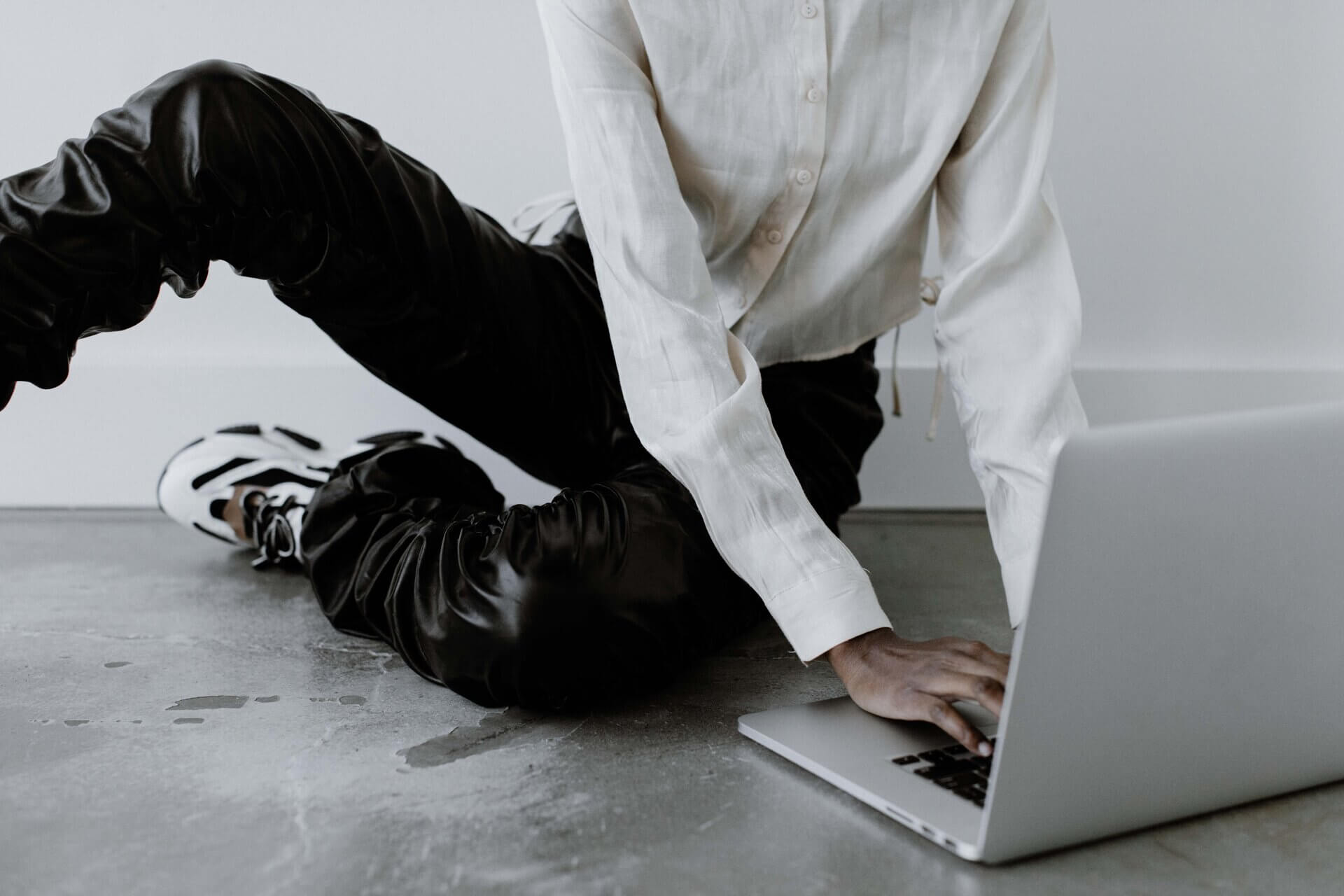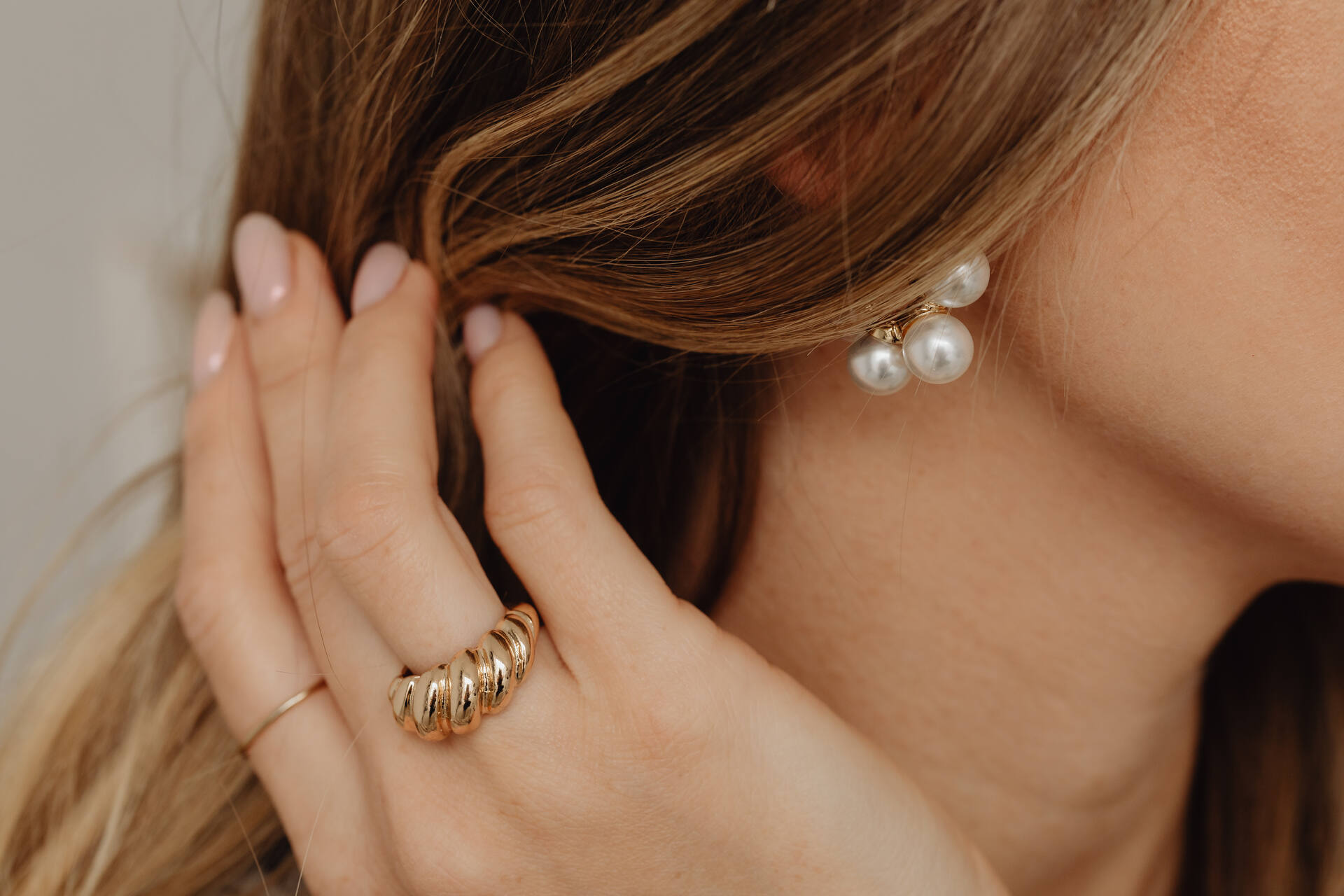Social media is often linked to depression, jealousy, low self-esteem and feelings of inferiority. It can not cause isolation itself, but it may make people with isolation tendencies feel worse about themselves.
According to a new analysis conducted by researchers at the University of Pittsburgh School of Medicine, young adults in the U.S. who use social media more frequently than their peers report higher levels of perceived social isolation.
The researchers found that participants who used social media for more than two hours a day had twice the odds of reporting perceived social isolation than their peers who spent less than 30 minutes on social media each day.
Effects of Social Media on Mental Health
Here’s what happens when you use social media:
If you see your friends having fun while you’re at home feeling lonely, it may feel like you’re being excluded or not having a life that’s worth Instagramming about.
What we fail to understand in those moments is that people always put their best pictures, their best experiences, their best clothes, and jewelry, they edit their photos, and some of them even spend a few minutes to think of an interesting caption.
Every day we’re exposing ourselves to highly idealized representations of our peers’ lives on social media, and as a result, we may have the distorted belief that other people lead happier and more successful lives.
One more thing: solitude is not necessarily bad for your health or a cause for loneliness. It’s the subjective sense of feeling lonely that is most disruptive to our well-being.
Now, that we have explored what social isolation is and how it may be linked to the daily overuse of social media, here are three tips on how to deal with it.
1. Hang out Offline with Your Friends
Nowadays, it’s so easy to send a text, snap a picture to your best friend or send a funny message to a colleague, but while we may feel connected for a minute, something else will soon distract us and send us into scrolling mode again.
The best way to spend less time online is to spend more time offline with your friends. If you communicate with them often, you won’t feel as isolated as you think you are right now. Although the best way to hang out is in person, you can also talk on the phone, or have a video chat.
What matters here is to trick your brain into preferring offline experiences more than online dopamine triggers like Facebook or YouTube.
If you feel isolated because you’ve recently moved to a new city or even a new country, there are so many ways to find new friends! Find out a hobby or explore some events that seem interesting to you. Who knows, you may even find the love of your life there. I know I did.
2. Focus More on Yourself
The more you focus on taking care of yourself, the less you will care about what others are up to on social media. Social isolation is often linked to self-esteem issues, and many of those happen because we spend way too much time comparing ourselves to others.
The easiest way to focus on yourself is to ask yourself every day two questions:
✔ What do I need right now?
✔ How can I make myself feel better at the moment?
By answering the first question, you will center yourself in the present moment and become familiar with your needs. And by answering the second one, you’ll find out what makes you feel happy and fulfilled.
3. Move Your Body
Social isolation happens when you get too much in your head and become too invested in your own storyline a.k.a. the story that your mind likes to tell itself.
As Tony Robbins says:
Pay attention to these crucial moments when you start mindlessly scrolling your feed on Instagram or you binge-watch videos on YouTube.
✔ What’s going on in your mind?
✔ What are you telling yourself?
✔ Do you feel anxious?
✔ Is something going on in your life that you want to escape and you use social media as an excuse to ignore the problem?
Every time you catch yourself feeling isolated, do one of the following things: do a chore around the house (like cooking, cleaning, ironing, and so on); dance to your favorite music; or just get dressed and go out for a walk around the block.
What you’ll see is that any movement will get you out of your victim mentality and you will feel less anxious and isolated, and more connected to the world and the people around you.
Remember: you are NEVER alone, even if you feel like it. There are probably millions of people on this Earth feeling the same as you do. You are enough as you are, you are a valuable human being, you matter, and you are loved.
Love,






